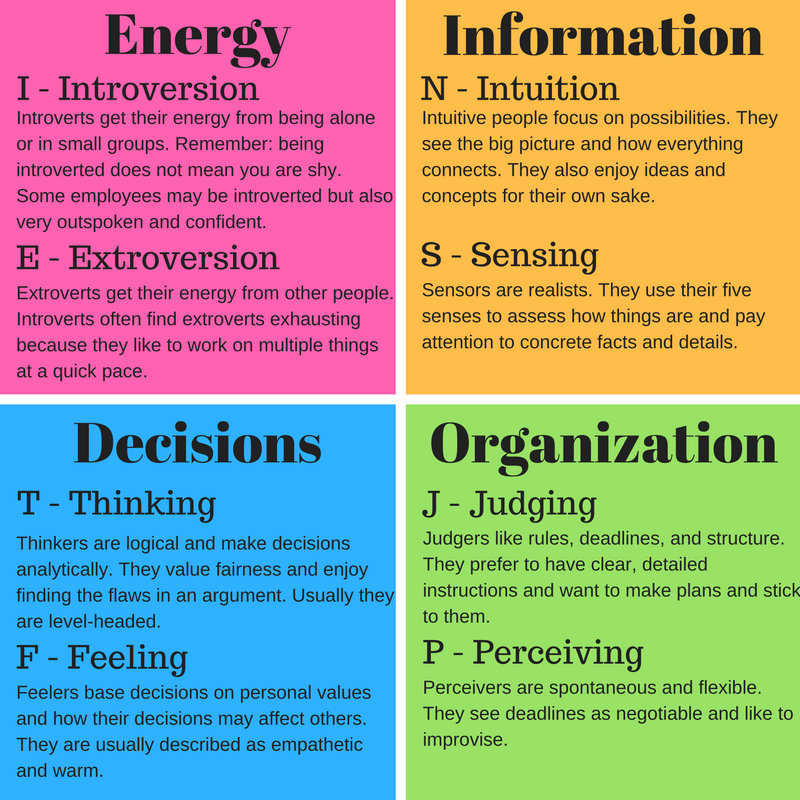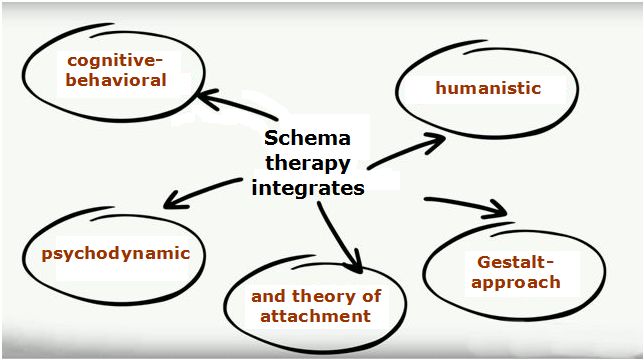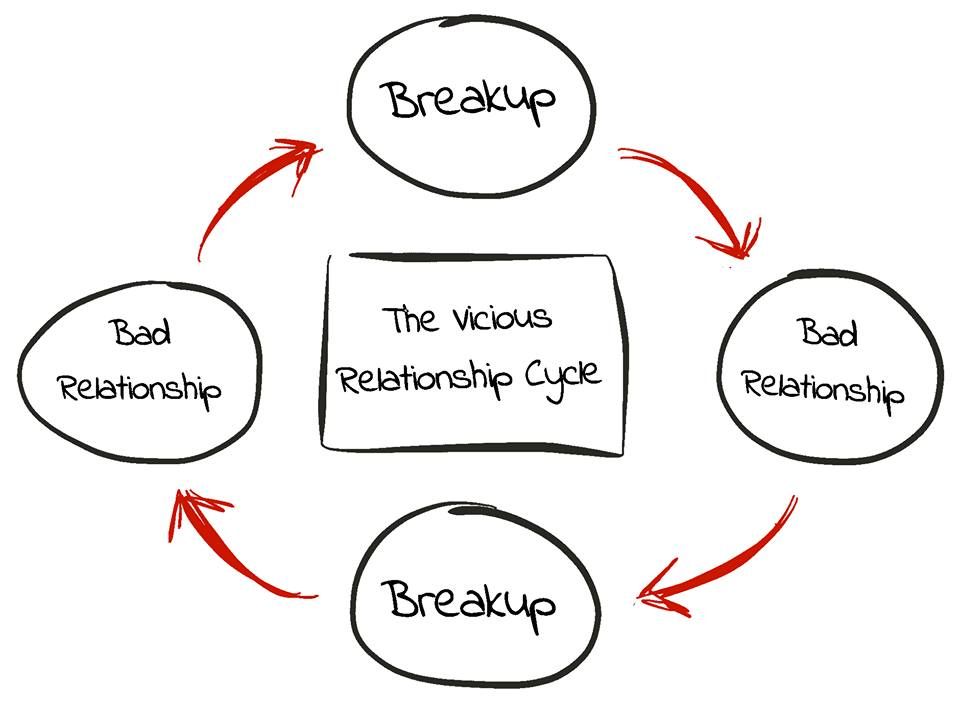What causes introvert personality
Are You Born an Introvert, or Do You Become One?
Introverts are finally getting our time in the sun. There are more websites, books, and communities for introverts than ever before—enough that young introverts can grow up understanding their introversion, instead of feeling “wrong” like I did as a kid. But there’s no shortage of people who still don’t get it. Anytime I mention I’m an introvert, someone asks something like, “Why can’t you just learn to be social like everyone else?”
That viewpoint is backwards, but it does raise a good question. Do people “learn” to be introverts as they grow up, or are we introverts from birth? In other words, what makes you an introvert—your genes, your upbringing, or some mix of both?
The Science of Young Introverts
To answer this question I turned to Dr. Marti Olsen Laney’s book The Hidden Gifts of the Introverted Child: Helping Your Child Thrive in an Extroverted World. Laney gives a detailed rundown of what we know about young introverts, including the specific factors that cause them to be introverted in the first place.
Like most questions of nature versus nurture, Laney tells us that the answer is a little bit of both:
“Yes, children are born with an innate temperament. And yes, parents are vitally important to how that temperament is nurtured.”
But she emphasizes that introverts are (mostly) born that way. Specifically:
- The degree to which you are introverted or extroverted is influenced by genetics.
- Out of all the personality traits that have been studied, introversion/extroversion is one of the most strongly hereditary ones.
- Nonetheless, a lot of environmental factors—like how you’re raised—influence it too.
These aren’t guesses on Laney’s part. She pulls together some of the best neurological research on introverts to show exactly how genetic it is—and why some factors can defy your genetic “programming” to change your disposition.
The Genetic Basis for Introversion
Laney says the basis of being an introvert lies in our biochemistry.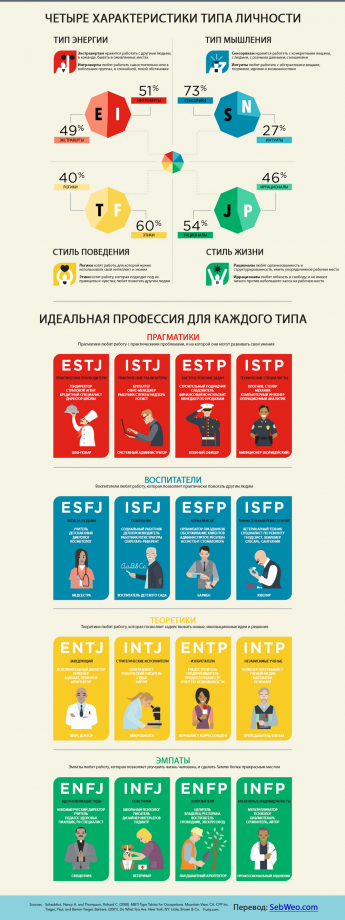 Human brains have a mix of over 60 neurotransmitters, chemicals that determine exactly how the brain works. While those chemicals are largely the same from person to person, we each have slight differences—our own “recipe.” Your recipe is determined by your genes, and is with you from birth. It also determines many personality traits, such as your tendency toward introversion or extroversion.
Human brains have a mix of over 60 neurotransmitters, chemicals that determine exactly how the brain works. While those chemicals are largely the same from person to person, we each have slight differences—our own “recipe.” Your recipe is determined by your genes, and is with you from birth. It also determines many personality traits, such as your tendency toward introversion or extroversion.
This correlation is so strong that Laney says children show their introversion/extroversion tendency from the moment they’re born.
The most important of these neurotransmitters is dopamine, which rewards you for pursuing external rewards. Introverts’ brains are far less driven by dopamine. We don’t get the buzz from it that extroverts do, so we don’t seek as much external stimulation.
Our dopamine sensitivity is an example of our neurotransmitters in action—and it’s determined by our DNA.
How Genetic ‘Set Points’ Make You Flexible
Introversion isn’t totally genetic.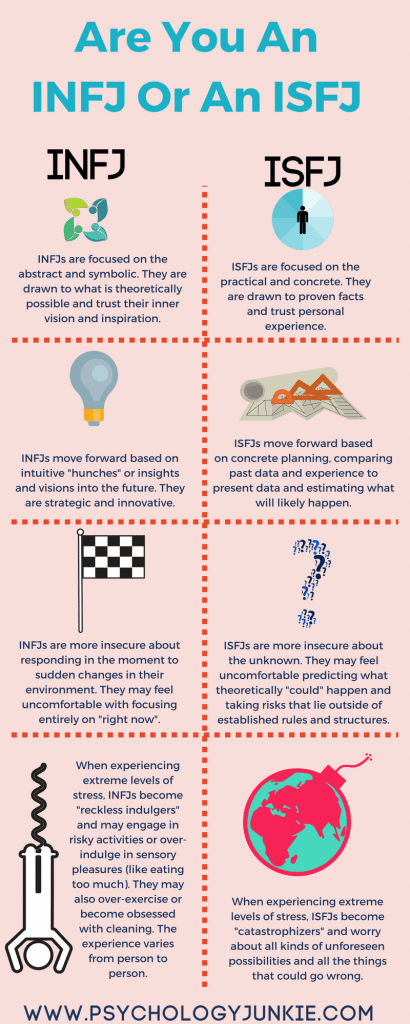 It gets influenced by your environment at a young age, and our genes allow a certain amount of flexibility in response. This happens through “set points,” which are the upper and lower limits of how much extroversion your brain can handle.
It gets influenced by your environment at a young age, and our genes allow a certain amount of flexibility in response. This happens through “set points,” which are the upper and lower limits of how much extroversion your brain can handle.
Laney compares these set points to setting a temperature range on a thermostat. You might program your thermostat to keep your house between 68 degrees and 74 degrees Fahrenheit. Within that range you’re comfortable and no climate control is needed. But if it gets too cold or too warm, the heater or AC kicks on and you have to spend energy to get back to the comfort zone.
The brain works the same way. As an introvert you might want more social time one day and less another day, and as long as you’re within your “set points” you’re okay. But if the stimulation takes you beyond your upper set point—maybe by going to a big birthday party—we all know how drained you’re going to feel.
That means two introverts with the same genetic disposition could come across quite differently.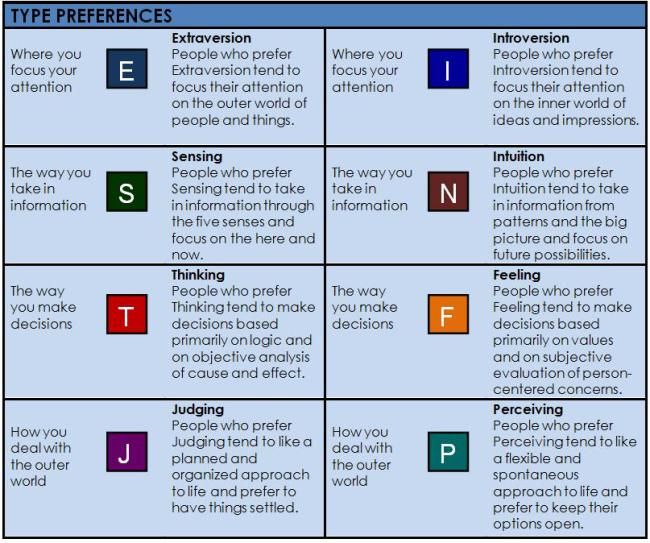 One might stay closer to the high-stimulus end of their comfort range, while another stays cautiously at the low end. These behaviors are largely learned through experience. If a child gets enough positive experiences with social time, they might enjoy pushing the top of their range, even though they’re an introvert. A child who has negative experiences could develop more reclusive, quieter ways.
One might stay closer to the high-stimulus end of their comfort range, while another stays cautiously at the low end. These behaviors are largely learned through experience. If a child gets enough positive experiences with social time, they might enjoy pushing the top of their range, even though they’re an introvert. A child who has negative experiences could develop more reclusive, quieter ways.
A Portrait of Three Kids
To see how this works, let’s look at three hypothetical children. All three are introverts, but they’re not all the same:
- Jen and Amanda are identical twins. They have the same DNA and very similar brains at birth. Both show signs of being introverted, but their “set points” are quite wide. They could act more social or more introverted on any given day.
- Matthew is also introverted from a young age. However, his brain has fairly narrow set points, much narrower than Jen and Amanda’s.
Despite being all introverts, the children turn out very differently.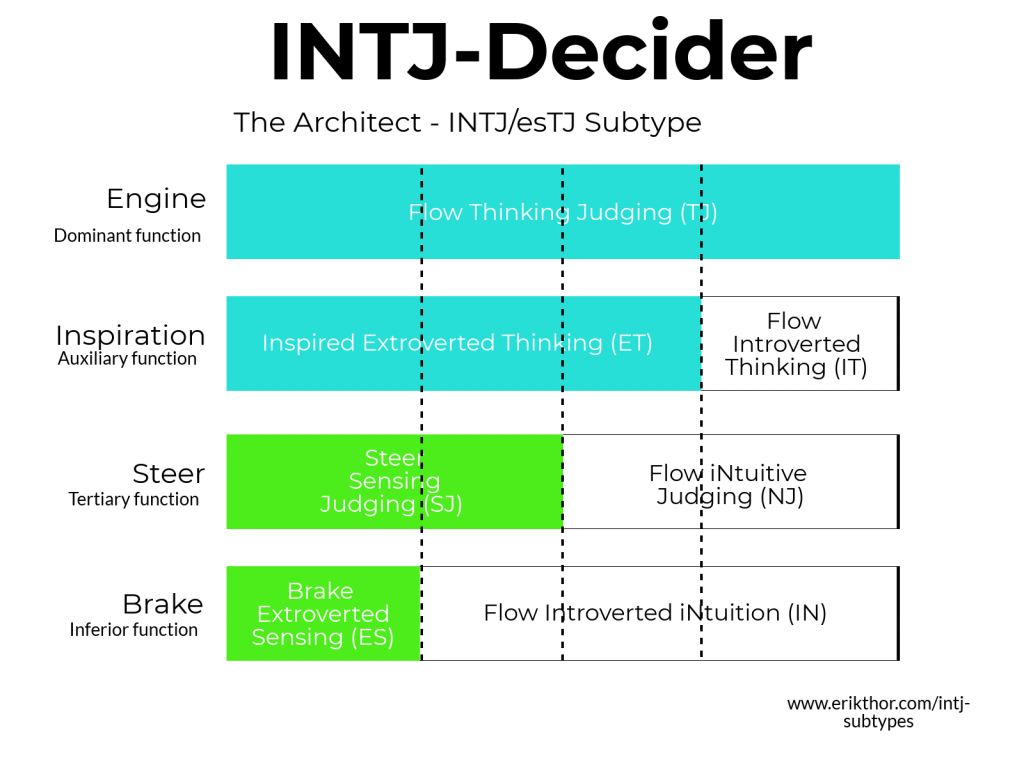
Jen has some early positive experiences that reward social activity. She’s older than Amanda by several hours, and people always ask if she’s going to be the “leader” of the two. When she does something bold or showy, adults laugh and cheer. This positive encouragement makes it fun to stay toward the top end of her set point range and be a social introvert.
Amanda has the opposite experience. When she does something showy, adults say she’s copying her sister. She doesn’t find it rewarding to come out of her shell as much. By the time she’s old enough for preschool, she isn’t as excited about making friends as Jen. Other kids stare at the twins, and she takes this attention as negative. She’s happier when she stays near her lower set point. She’s considered the shy one.
Matthew has a different upbringing. He’s an only child and his parents give him a lot of positive attention. They can see his introversion early on, and instead of being critical, they try to gently encourage him in social situations.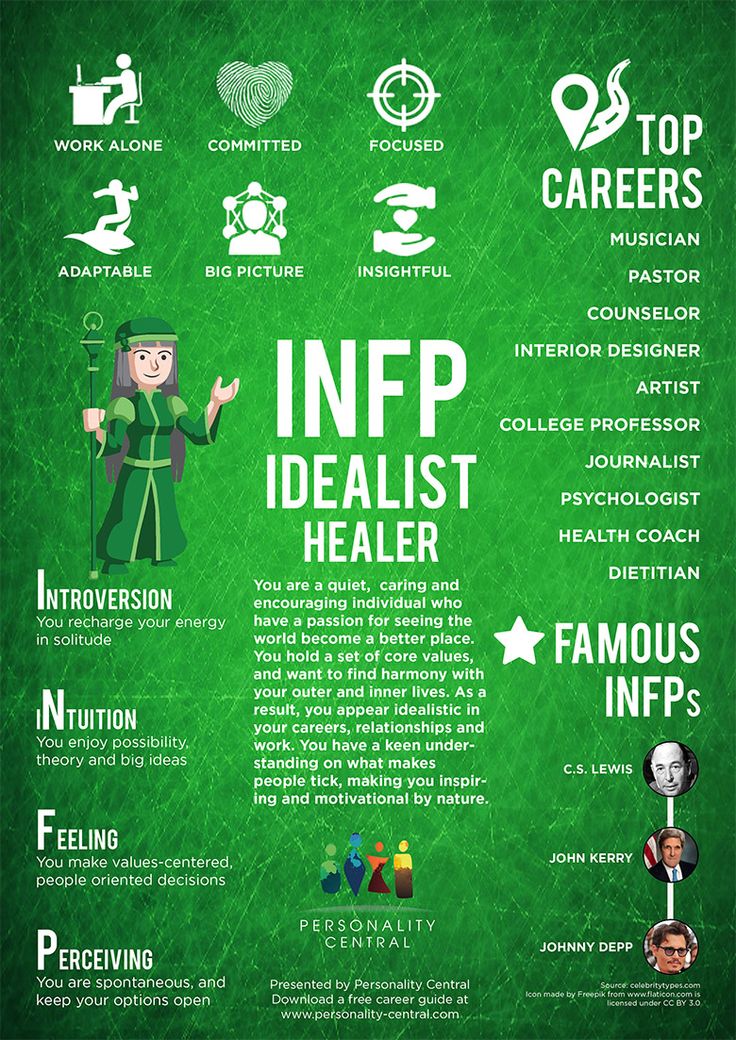 They take him to the playground, join a play group with other families, and put him in a private preschool that encourages creativity.
They take him to the playground, join a play group with other families, and put him in a private preschool that encourages creativity.
But Matthew stays introverted. Even though his group experiences are positive, he has a very low set point for external stimulus. He comes back from play dates cranky or sleepy. He’s well adjusted socially, but he prefers inner, imaginative activities to people time.
So Are You Born an Introvert, or Not?
These children are imaginary, but they correspond to patterns that many of us have lived in real life. Your genes give you a “range” of introversion. A wide range could be heavily influenced by how you were brought up, but a narrow range means upbringing won’t change you as much. This is why Laney says the answer to the nature vs. nurture question is, “Yes… and yes.” Your genes make the choice, but they can make you flexible, too.
What’s clear is that your preference for introversion or extroversion gets fixed early on. As much as your experiences might shape you, Laney says most children stay true to whichever preference they showed in the first four months of life.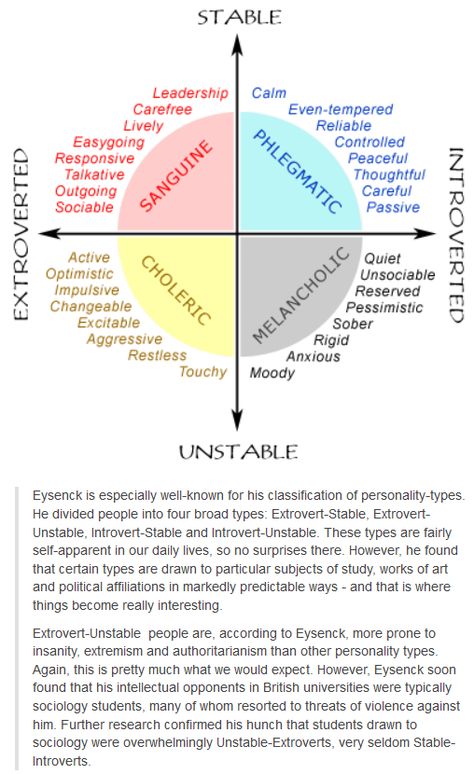
I can clearly see experiences in my own life that helped give me my strong introvert tendencies, such as being a misfit at school. I also wonder if I might have a “narrow” range of set points, more like Matthew than Jen and Amanda, as I can happily spend weeks at a time with no social contact.
Did you enjoy this article? Sign up for our newsletters to get more stories like this.
Read this: I Wasn’t Living My Life Until I Learned to Stay Home
Signs of an Introvert Personality: Types, Traits & Characteristics
Written by Rachel Reiff Ellis
In this Article
- What Is an Introvert?
- Signs You Might Be an Introvert
- Causes of Introversion
- Types of Introverts
- Introversion Versus Shyness
- Myths About Introverts
What Is an Introvert?
An introvert is a person with qualities of a personality type known as introversion, which means that they feel more comfortable focusing on their inner thoughts and ideas, rather than what’s happening externally.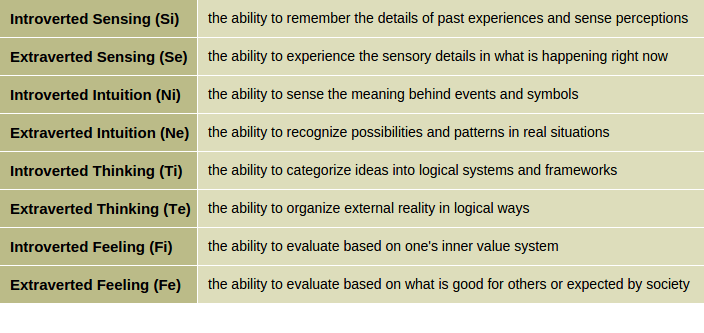 They enjoy spending time with just one or two people, rather than large groups or crowds.
They enjoy spending time with just one or two people, rather than large groups or crowds.
When you hear the word introvert, you might think of someone who's shy or quiet and prefers to be alone. While that may be true for some introverts, there's much more to this personality type. Whether you're an introvert or an extrovert all depends on how you process the world around you.
A psychologist named Carl Jung began using the terms introvert and extrovert (sometimes spelled extravert) in the 1920s. These two personality types sort people into how they get or spend their energy. Introverts, Jung said, turn to their own minds to recharge, while extroverts seek out other people for their energy needs.
Signs You Might Be an Introvert
Around one-third to one-half of all people in the U.S. are introverts. Though it looks different in everyone, introverts have many of the same patterns of behavior. In general, introverts:
- Need quiet to concentrate
- Are reflective
- Are self-aware
- Take time making decisions
- Feel comfortable being alone
- Don't like group work
- Prefer to write rather than talk
- Feel tired after being in a crowd
- Have few friendships, but are very close with these friends
- Daydream or use their imaginations to work out a problem
- Retreat into their own mind to rest
One way to find out if you're an introvert is to take a test, such as the Myers-Briggs Type Indicator (MBTI) or the SAPA project.
Causes of Introversion
Scientists don't know for sure if there's a cause for introversion or extroversion. What they do know is the brains of the two personality types work a little differently from each other. Researchers have found that introverts have a higher blood flow to their frontal lobe than extroverts do. This part of the brain helps you remember things, solve problems, and plan ahead.
Introvert brains also react differently to dopamine than extrovert brains do. That's a chemical that turns on the reward- and pleasure-seeking part of your brain. Introverts and extroverts have the same amount of the chemical, but extrovert brains get an excited buzz from their reward center. Introverts, on the other hand, tend to just feel run-down by it.
Types of Introverts
Being an introvert isn't an all-or-nothing stamp on your personality. Psychologists think of introverts as falling somewhere on a scale. Some people are more introverted than others. Other people fall right in the middle of the scale. They're called ambiverts.
They're called ambiverts.
Introverts usually have a few extroverted traits mixed in with their introverted ones, and vice versa. There are a wide range of ways to be an introvert.
One study shows that introverts tend to fall into one of four subtypes:
Social introverts. This is the "classic" type of introvert. Social introverts like small groups and quiet settings over crowds.
Thinking introverts. People in this group are daydreamers. They spend a lot of time in their thoughts and tend to have creative imaginations.
Anxious introverts. They seek out alone time not just because they like it, but also because they often feel awkward or shy around people.
Restrained/inhibited introverts. These introverts think before they act. They aren't likely to make a decision on a whim. Typically they take longer to take action.
Your introverted ways may change over time, and in different settings, too.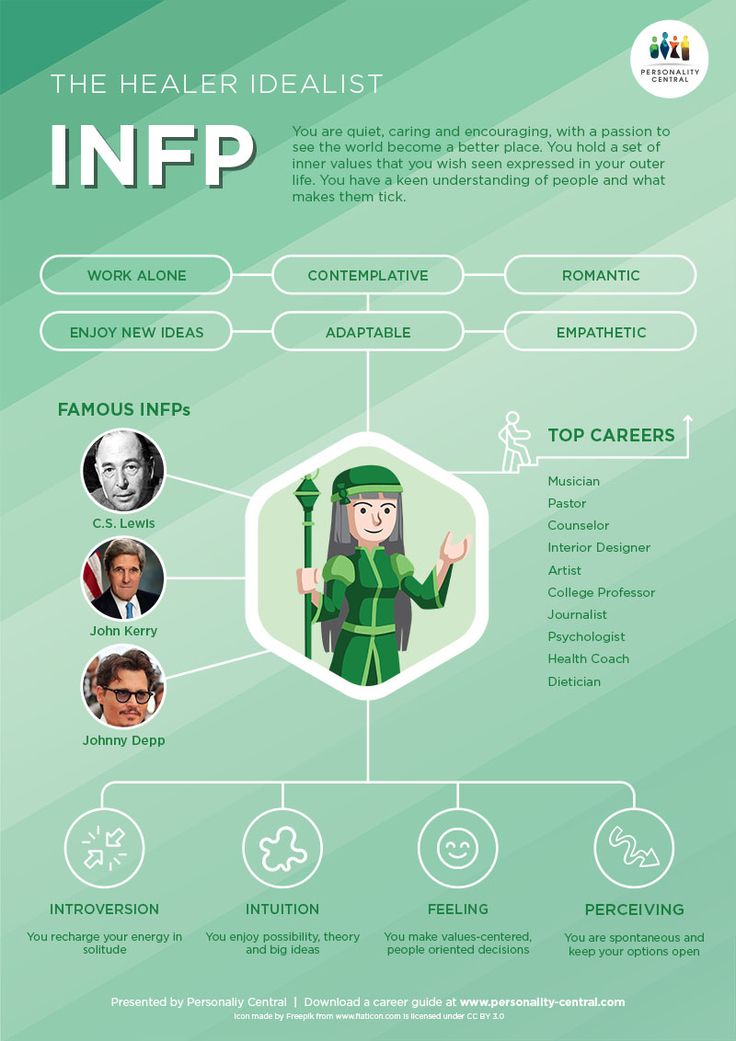 You're not likely to swing from introvert to extrovert. But it's possible you could become more or less introverted, depending on what's going on in your life.
You're not likely to swing from introvert to extrovert. But it's possible you could become more or less introverted, depending on what's going on in your life.
Introversion Versus Shyness
Many people think of introverts as shy, but the two aren’t linked. Introversion is a personality type, while shyness is an emotion.
People who are shy tend to feel awkward or uncomfortable when they’re in social situations, especially when they’re around strangers. They may feel so nervous, they become sweaty. Their heart may beat quicker, and they may get a stomachache. They may be inclined to skip social events because they don’t like the negative feelings that take over their thoughts and bodies when they have to go to parties or other activities.
People who are introverted also prefer to skip social events, but it’s because they feel more energized or comfortable doing things on their own or with one or two other people. Introverts don’t choose to skip social events because they have strong negative reactions to larger gatherings the way that shy people do; they just prefer being alone or in very small groups.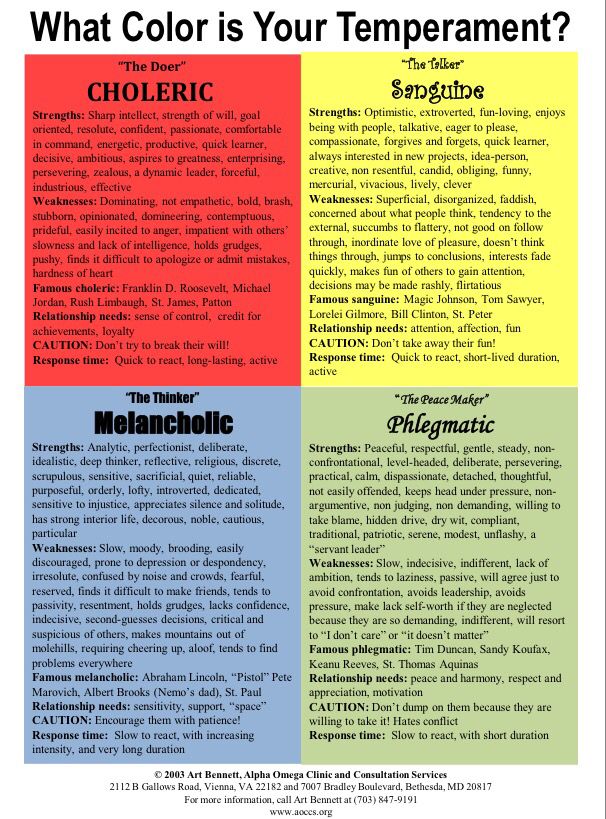
Myths About Introverts
One common myth about introverts is that they’re shy. Some introverts may be shy, but this is not the case for all introverts. Other myths include:
- Introverts are unfriendly. Being an introvert doesn’t affect how friendly you may be. Some people may think that introverts are unfriendly because they don’t tend to have large groups of friends, and they may reflect on situations quietly rather than joining in on conversations at gatherings.
- Introverts can’t be leaders. Although people may think of an extroverted personality when they imagine a leader, introverts have the skills to be bosses and leaders, too. Some of their qualities make them effective leaders: They listen to their employees’ ideas, they can stay focused on long-term goals, and they may seem less threatening, so people may accept them in their roles.
- It’s hard to get to know introverts. Introverts prefer to have deep friendships with only a handful of people.
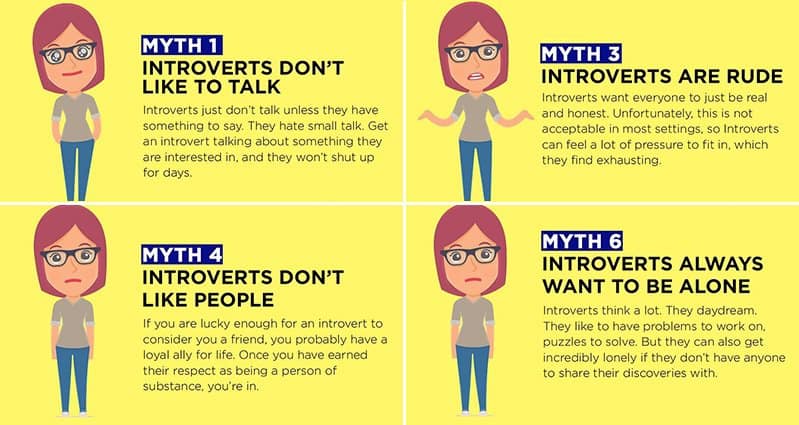 They may not open up to everyone who wants to small-talk, but the people they’re close with know them very well and develop real friendships with them.
They may not open up to everyone who wants to small-talk, but the people they’re close with know them very well and develop real friendships with them.
Introvert — Human Psychology
Introversion is a healthy ability of a person to tune in to the perception of the inner world. It is a constructive, creative quality that is found in many independent thinkers whose contribution to human development has enriched the world.
Marty Olsen Laney
An introvert is a personality type that focuses more on its inner world and less on the outside. Despite their lack of sociability, introverts can be very pleasant and interesting interlocutors, if you communicate with them correctly on topics of interest to them. These thoughtful people have a lot to say, and they also know how to listen to others. Also, introverts often turn out to be loyal and reliable enough friends to rely on. But to become a friend of an introvert, you need to earn his trust, and not with words, but with deeds.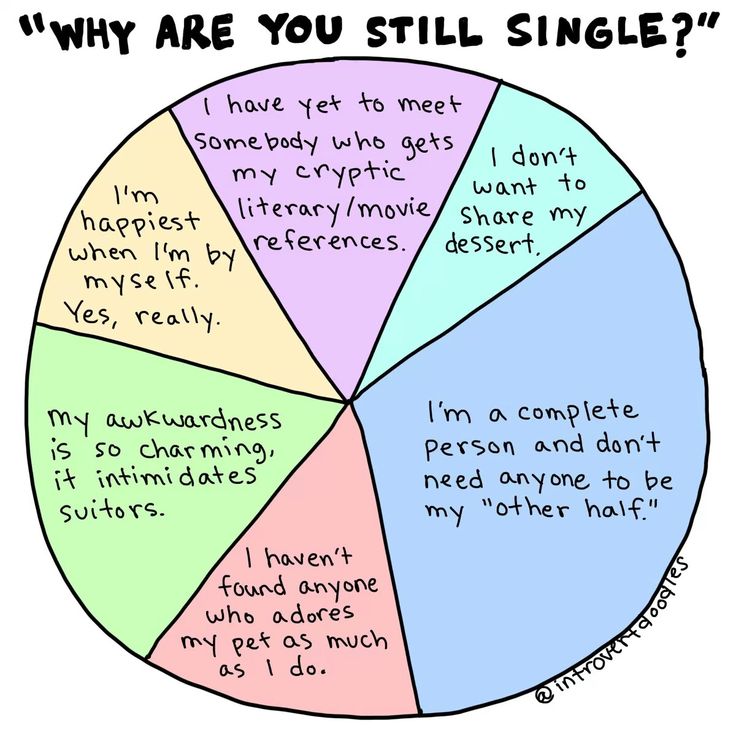 In general, these are very interesting and in some cases even mysterious people who have great potential. Without any exaggeration, we can say that a genius lives in many introverts, but he, as a rule, sleeps. And in order to wake him up and allow him to express himself to the fullest, you need to help the introvert to reveal all his inner capabilities. Such people can give a lot to the world if the world will meet them halfway. Well, let's see what else we can learn about introverts.
In general, these are very interesting and in some cases even mysterious people who have great potential. Without any exaggeration, we can say that a genius lives in many introverts, but he, as a rule, sleeps. And in order to wake him up and allow him to express himself to the fullest, you need to help the introvert to reveal all his inner capabilities. Such people can give a lot to the world if the world will meet them halfway. Well, let's see what else we can learn about introverts.
First, let's think about what, in fact, we already know about introverts? Basically, we know about them what they write about these people in books and articles on psychology, the authors of which often describe this type of personality quite concisely and stereotyped. In many books and articles that I have read, with rare exceptions, introverts are described rather superficially, so the information they contain about these people is not enough to understand who people of this type really are, what are their features.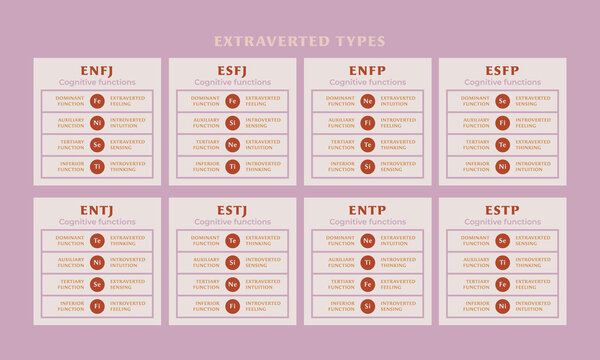 and advantages over the same extroverts. Therefore, I believe that one should take a closer look at introverts in order to better understand them and see in these people what others around them often do not see, including introverts themselves. In general, how many people tried to understand introverts, how many tried to understand the soul of these people, to discern their capabilities and explore their inner world? No, not many. After all, it is very difficult to understand a person who is closed from you, who lives in his inner world and is not going to let everyone into it. And it is even more difficult to help such a person to reveal himself, because for this you need to be sincerely interested in the success of this person and try in every possible way to help him achieve it. But if we do this, if we help introverts realize their inner potential, we will get more creative geniuses who will make our world a better place. Let's now see what psychology says about introverts.
and advantages over the same extroverts. Therefore, I believe that one should take a closer look at introverts in order to better understand them and see in these people what others around them often do not see, including introverts themselves. In general, how many people tried to understand introverts, how many tried to understand the soul of these people, to discern their capabilities and explore their inner world? No, not many. After all, it is very difficult to understand a person who is closed from you, who lives in his inner world and is not going to let everyone into it. And it is even more difficult to help such a person to reveal himself, because for this you need to be sincerely interested in the success of this person and try in every possible way to help him achieve it. But if we do this, if we help introverts realize their inner potential, we will get more creative geniuses who will make our world a better place. Let's now see what psychology says about introverts.
Psychology, as you know, considers two types of personality that are fundamentally different from each other - these are extroverts and introverts.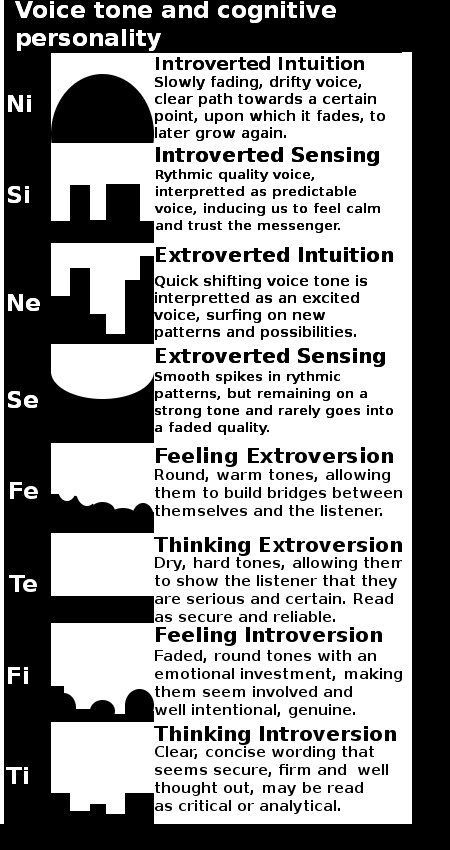 These concepts were introduced by such famous psychologists as Carl Gustav Jung and Hans Jurgen Eysenck. An extrovert is a type of personality that is focused on external conditions, on the people around him, on relationships with them, in general, all his behavior is focused on manifestation outside. An introvert is the complete opposite of him, this type of people is focused more on themselves, or rather, on their inner world. An introvert lives more in the inner world, not paying attention to the outer world. He is self-absorbed, not talkative, but thoughtful, often very attentive, can well delve into many things that an extrovert perceives superficially. I believe that introverts make very good analysts, unless, of course, you develop analytical skills in them, because the calmness and prudence of such people best contribute to their study of various kinds of events and phenomena that require comprehensive consideration. I myself am more of an introvert than an extrovert, so I understand how important it is to be able to thoroughly immerse yourself in what you are studying.
These concepts were introduced by such famous psychologists as Carl Gustav Jung and Hans Jurgen Eysenck. An extrovert is a type of personality that is focused on external conditions, on the people around him, on relationships with them, in general, all his behavior is focused on manifestation outside. An introvert is the complete opposite of him, this type of people is focused more on themselves, or rather, on their inner world. An introvert lives more in the inner world, not paying attention to the outer world. He is self-absorbed, not talkative, but thoughtful, often very attentive, can well delve into many things that an extrovert perceives superficially. I believe that introverts make very good analysts, unless, of course, you develop analytical skills in them, because the calmness and prudence of such people best contribute to their study of various kinds of events and phenomena that require comprehensive consideration. I myself am more of an introvert than an extrovert, so I understand how important it is to be able to thoroughly immerse yourself in what you are studying. To do this, it is necessary to have not only the necessary knowledge and skills, but also the appropriate character. Well, let's first look at the typical behavior and lifestyle of an introvert with you, and use your logical thinking, as well as knowledge of human psychology, to better understand these people.
To do this, it is necessary to have not only the necessary knowledge and skills, but also the appropriate character. Well, let's first look at the typical behavior and lifestyle of an introvert with you, and use your logical thinking, as well as knowledge of human psychology, to better understand these people.
An introvert prefers being alone. The less people around, the more comfortable he feels. It is more pleasant for such people to communicate with the same books than with other people. But not always. Sometimes they really need an interlocutor to share their thoughts and inner feelings with him, but preferably one who will listen to them, will pay attention to them, will be calm when communicating with them. An introvert is prone to creativity, inner experiences, as well as reflection and daydreaming. Such people, according to my observations, have a very good imagination. It is believed that it is all about the energy that comes to a person and is a stimulant for him. And if it is important for an extrovert to feed on others, which stimulates him to communicate with them, then an introvert perfectly receives all the mental energy he needs during sleep.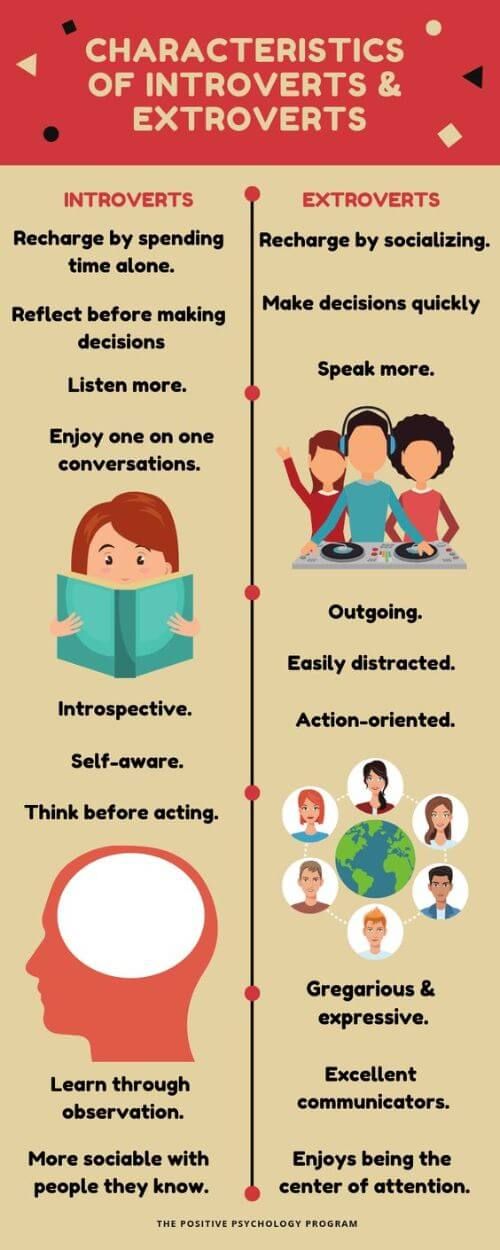 Therefore, for introverts, communication with people is not a way to increase mental energy, they have enough of the energy that they have inside themselves, inside their own world, in order to live a partly detached life. But then again, what kind of person does not need support and inspiration, especially in those cases that require self-confidence and complete dedication? That's why I say that introverts need to be helped to reveal themselves - they need to be supported and inspired so that they can fully express themselves. But for this, you need to gain confidence in them, and this is not an easy task.
Therefore, for introverts, communication with people is not a way to increase mental energy, they have enough of the energy that they have inside themselves, inside their own world, in order to live a partly detached life. But then again, what kind of person does not need support and inspiration, especially in those cases that require self-confidence and complete dedication? That's why I say that introverts need to be helped to reveal themselves - they need to be supported and inspired so that they can fully express themselves. But for this, you need to gain confidence in them, and this is not an easy task.
An introvert is mostly passive and often insecure, but in many cases this is only visible passivity and uncertainty. The fact is that introverts are prone to deep reflection, so their activity is more expressed in mental research, and not in continuous actions and pretentious behavior, so from the outside it may seem like passivity.
As for self-doubt, here much depends on how an introvert himself evaluates his character, his behavior and his way of life.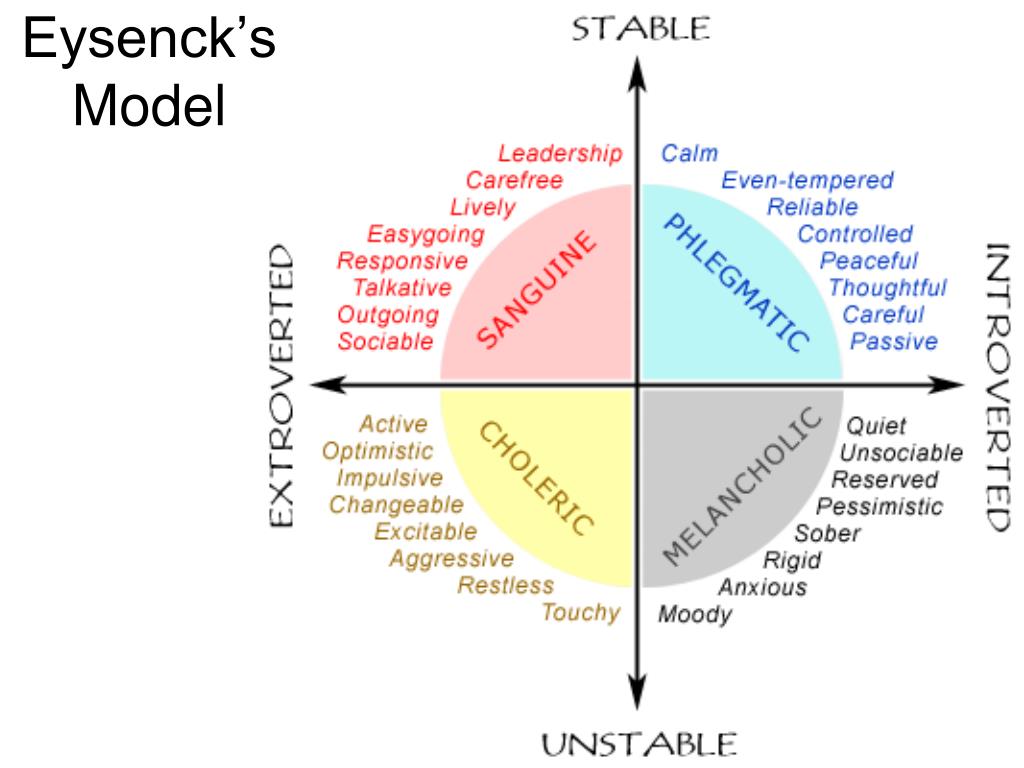 After all, an insecure person is such because his psyche is based on his own opinion about himself as an insecure person, and therefore his contacts with the outside world are limited, including for this reason, and not only because he is an introvert by nature. So, one should not judge an introvert as a person who is closed in himself and therefore insecure in himself, since in life such people can have a status that is quite acceptable to them. And their closed lifestyle has its advantages, and sometimes very significant ones. In general, introverts have many virtues and strengths, which, unfortunately, many of them do not know or even suspect, and therefore cannot fully develop them. However, a good psychologist can help an introvert, if he needs such help, to use his full potential to the maximum.
After all, an insecure person is such because his psyche is based on his own opinion about himself as an insecure person, and therefore his contacts with the outside world are limited, including for this reason, and not only because he is an introvert by nature. So, one should not judge an introvert as a person who is closed in himself and therefore insecure in himself, since in life such people can have a status that is quite acceptable to them. And their closed lifestyle has its advantages, and sometimes very significant ones. In general, introverts have many virtues and strengths, which, unfortunately, many of them do not know or even suspect, and therefore cannot fully develop them. However, a good psychologist can help an introvert, if he needs such help, to use his full potential to the maximum.
It is also worth noting that introverts are often very pleasant to deal with. Not with everyone, of course, but with many, because they feel responsibility and devotion, which inspire confidence in them.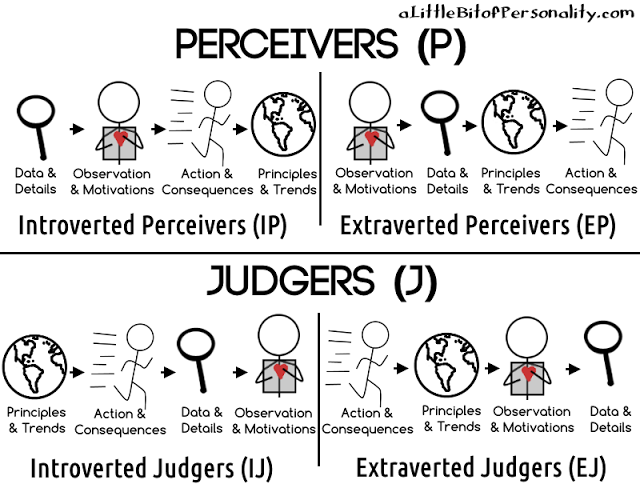 It is also very pleasant to communicate with introverts one on one. In such communication, an introverted person is able to tell a lot more about himself than when communicating in a company, and he is also more inclined to listen very carefully and thoughtfully to his interlocutor. Communication with an introvert is not stressful, because for him any opportunity to annoy the interlocutor is a disaster. Introverts do not like intense and energetic conversation, they are more inclined to calm communication, which they try to adhere to. Such people do not require collectivism, they are completely independent and can work outside the team. Which, by the way, is not always taken into account by those for whom they work.
It is also very pleasant to communicate with introverts one on one. In such communication, an introverted person is able to tell a lot more about himself than when communicating in a company, and he is also more inclined to listen very carefully and thoughtfully to his interlocutor. Communication with an introvert is not stressful, because for him any opportunity to annoy the interlocutor is a disaster. Introverts do not like intense and energetic conversation, they are more inclined to calm communication, which they try to adhere to. Such people do not require collectivism, they are completely independent and can work outside the team. Which, by the way, is not always taken into account by those for whom they work.
Since introverts do not want to attract too much attention to themselves, they avoid publicity and, as they say, going on stage, they can always be seen somewhere aside, so to speak, in the back of the classroom, in the corner. This, in turn, allows them to be secretive and observant, to make a detailed analysis of any situation, to draw more or less objective conclusions.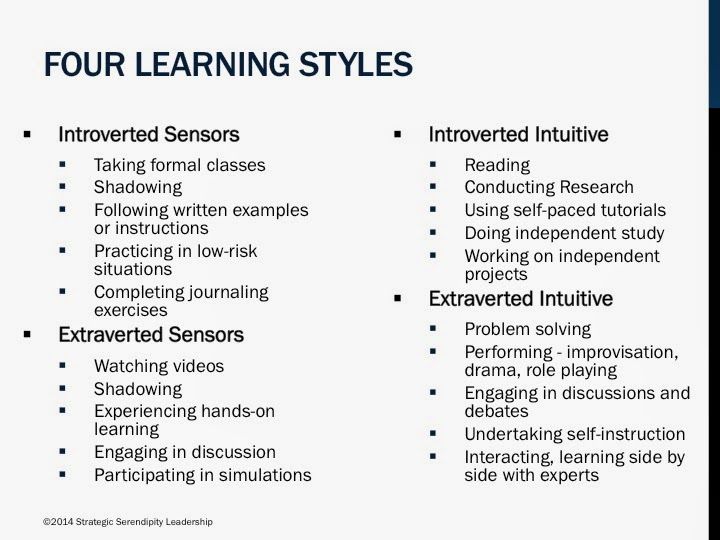 Introverts are often much smarter than people around them think they are, but they don't always show their intelligence. It is quite enough for them to draw the necessary conclusions only for themselves, to solve their current problems and tasks. They do not like to show off in public, they do not need it.
Introverts are often much smarter than people around them think they are, but they don't always show their intelligence. It is quite enough for them to draw the necessary conclusions only for themselves, to solve their current problems and tasks. They do not like to show off in public, they do not need it.
Communication with such people is often difficult. Therefore, for a person who wants to start a conversation with an introvert who does not want to make contact, it is important to approach the beginning of the conversation very carefully, simply and naturally, without any negative reaction to the words and actions of the introvert, since he is afraid of her, and therefore does not want to make contact. If you want to win over an introvert, no matter what type of person you yourself are, you just need to clearly demonstrate your sincere interest in him, and of course flatter him after the very first word he utters, phrases. Although such people are often not stupid, nothing human is alien to them, so any of your admiration for them, even if it is obviously simulated, will surely bring you closer to them.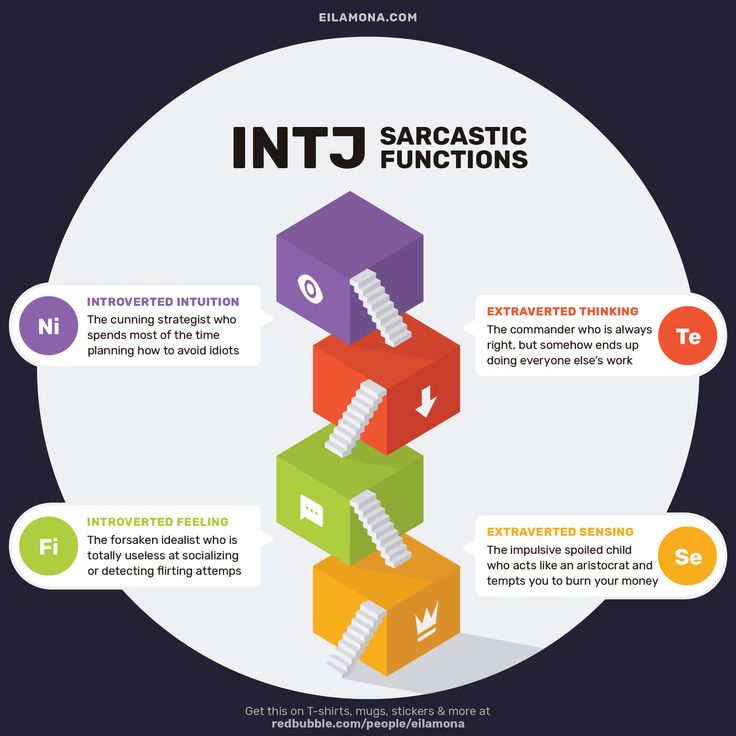 An introvert is easily won over to his side if you enter his inner world and become part of this world. But sometimes it can be done by just pressing a little on it. Just do not assume that after saying “yes” to you, the introvert will not change his mind later, after thinking carefully about your proposal, about your words. Therefore, if you still want to get yours from such a person, forge, as they say, iron while it is hot. That is, do not give the introvert too much time to think, get him to take the actions you need right away if he is physically ready to take them. However, if you are an honest and decent person, or just don’t rush anywhere, then you don’t have to rush the introvert, offering him something, putting pressure on him. Rather, on the contrary, you should give him time to think about your proposal in order to gain confidence in him. And then, do not forget that people are all different, regardless of their character, so when communicating with each specific person, it is necessary to take into account many of his individual characteristics in order for this communication to be useful for both of you.
An introvert is easily won over to his side if you enter his inner world and become part of this world. But sometimes it can be done by just pressing a little on it. Just do not assume that after saying “yes” to you, the introvert will not change his mind later, after thinking carefully about your proposal, about your words. Therefore, if you still want to get yours from such a person, forge, as they say, iron while it is hot. That is, do not give the introvert too much time to think, get him to take the actions you need right away if he is physically ready to take them. However, if you are an honest and decent person, or just don’t rush anywhere, then you don’t have to rush the introvert, offering him something, putting pressure on him. Rather, on the contrary, you should give him time to think about your proposal in order to gain confidence in him. And then, do not forget that people are all different, regardless of their character, so when communicating with each specific person, it is necessary to take into account many of his individual characteristics in order for this communication to be useful for both of you.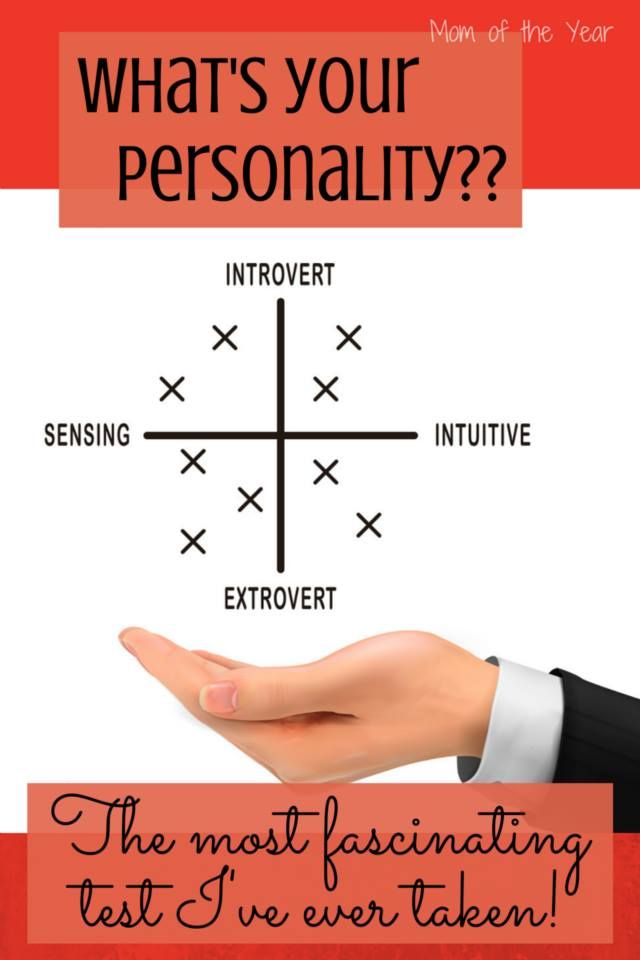 Each of us has the features of both an introvert and an extrovert, so each of us requires an individual approach.
Each of us has the features of both an introvert and an extrovert, so each of us requires an individual approach.
Nevertheless, one cannot ignore the fact that the more time an introvert is given to think, the more likely it is that he will come to a conclusion that is right for him, and possibly wrong for you, according to which your interests are for him. they will not be so much needed to help you in some way and to meet you halfway in some way. And so he will find a way to refuse you. So the introvert must, so to speak, be spoken to, smoothly drawing him into the conversation, in order to incline him to the decisions and actions you need. And for this, you must first enter into a dialogue with him. And in order to enter into a dialogue with him, you must know how you can interest him. Despite the fact that introverts do not experience an urgent need for communication, like extroverts, they are still people, and here you don’t even have to be a psychologist to understand that every person needs communication and attention.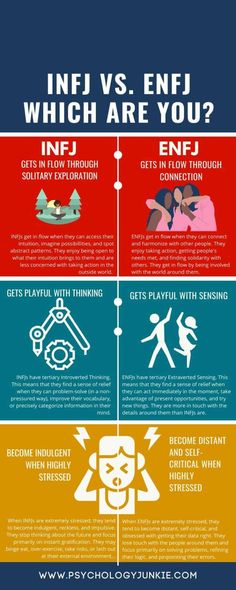 Therefore, in relation to introverts, it is better to be more courageous, assertive and behave confidently, but not arrogantly, if with calm and balanced communication you cannot get the desired reaction from them. Don't assume that all introverts are the same and that they all require the same approach. Nothing like this. Such people can be flexible like plasticine, which, at the slightest pressure, takes the shape you need, or they can be strong like steel, which you not only cannot break with force and pressure, but, on the contrary, harden even more. Therefore, be careful when dealing with introverts, carefully study the inner world of these people, delving into every word they utter, before choosing the appropriate model of behavior with them.
Therefore, in relation to introverts, it is better to be more courageous, assertive and behave confidently, but not arrogantly, if with calm and balanced communication you cannot get the desired reaction from them. Don't assume that all introverts are the same and that they all require the same approach. Nothing like this. Such people can be flexible like plasticine, which, at the slightest pressure, takes the shape you need, or they can be strong like steel, which you not only cannot break with force and pressure, but, on the contrary, harden even more. Therefore, be careful when dealing with introverts, carefully study the inner world of these people, delving into every word they utter, before choosing the appropriate model of behavior with them.
I, thanks to my own observations, believe that there must be activity in communication with an introvert. Even if you yourself belong to this type of people, if you yourself do not like to make contact with other people, without special need, then in order to interest an introvert in something, you will have to become more active, courageous and self-confident.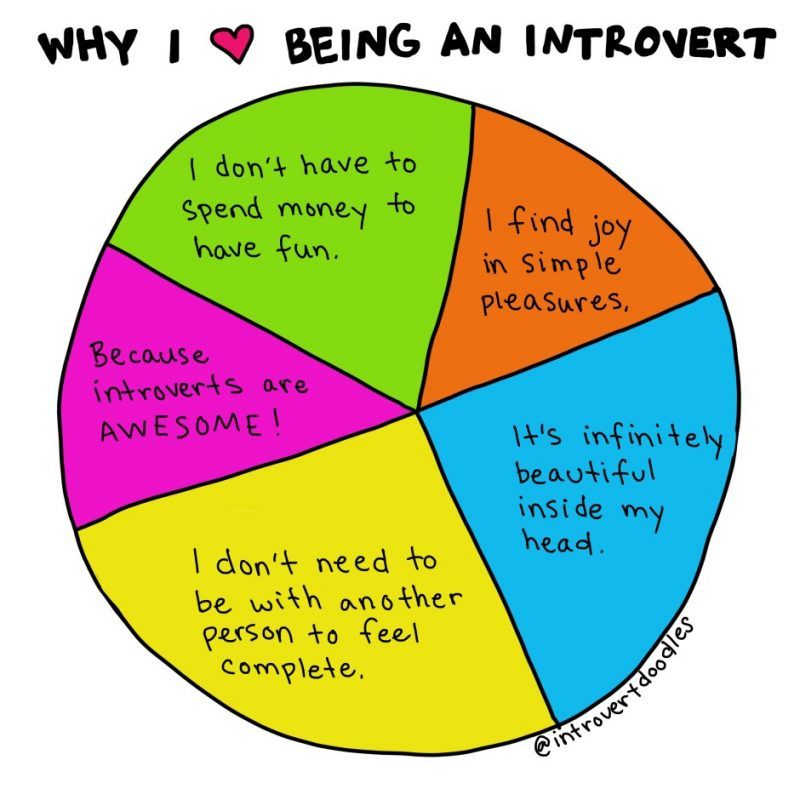 That is, if necessary, you can put on the mask of an active and self-confident person, for a while, in order to agree on something with an introvert from this position. Then your nature will still come out, but it won’t get worse for you, because the main thing is to establish contact with a person, the main thing is to enter into his confidence and interest him in yourself. And for this, all means are good, because only with full communication with each other, we can get a lot of benefit from each other. We are all different people, each of us needs to pick up his own key. In one case, it will be useful to adapt to a person so that he agrees to establish contact with you, in another, it is necessary to be the exact opposite of a person so that he himself shows interest in you.
That is, if necessary, you can put on the mask of an active and self-confident person, for a while, in order to agree on something with an introvert from this position. Then your nature will still come out, but it won’t get worse for you, because the main thing is to establish contact with a person, the main thing is to enter into his confidence and interest him in yourself. And for this, all means are good, because only with full communication with each other, we can get a lot of benefit from each other. We are all different people, each of us needs to pick up his own key. In one case, it will be useful to adapt to a person so that he agrees to establish contact with you, in another, it is necessary to be the exact opposite of a person so that he himself shows interest in you.
One should not think that an introvert is more attracted to people with a similar character, because some introverts absolutely unreasonably consider themselves inferior members of society, and therefore dislike both themselves and others, introverts like them.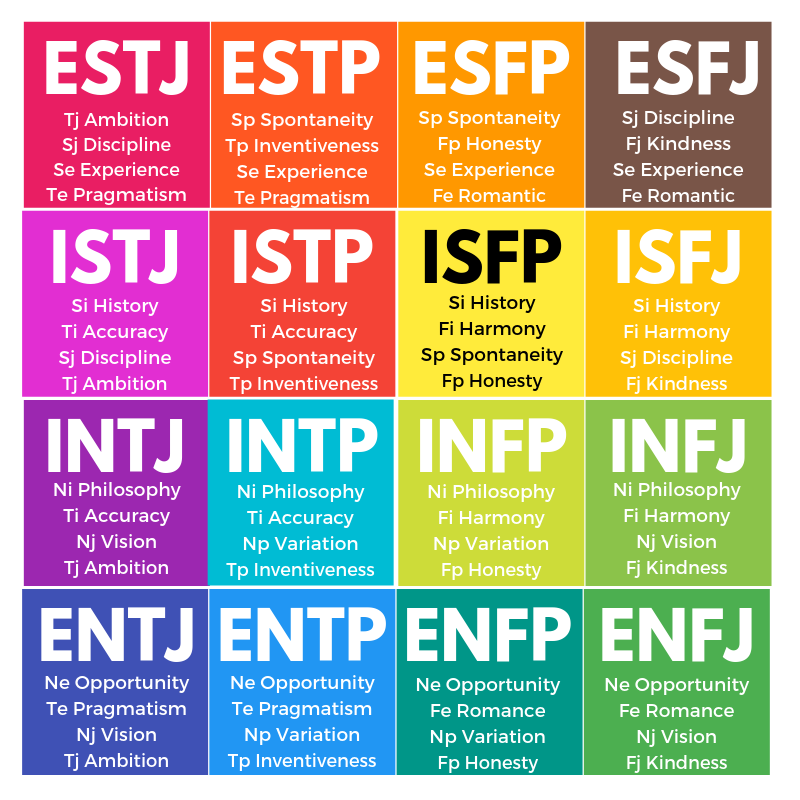 This is an erroneous position, but an insecure introverted person, dissatisfied with his life, considers it to be true, therefore he is drawn not to the same people as himself, but to extroverts, that is, to those whom he considers more self-confident people. In general, of course, Carl Jung gave a good definition of different types of people, but in general it all comes down to the same self-confidence, which is more often found in extroverts than introverts. So a person with a high position in society often turns out to be an extrovert. However, as a rule, both of these types live in a person, so it is most often not necessary to speak of pronounced introverts or extroverts. In addition, a person's behavior throughout life can change, depending on the circumstances, so many qualities of his character are not constant. During my practice, I have repeatedly observed changes in human behavior that occurred due to the impact of various external factors on him. Moreover, I myself helped this happen when it was needed.
This is an erroneous position, but an insecure introverted person, dissatisfied with his life, considers it to be true, therefore he is drawn not to the same people as himself, but to extroverts, that is, to those whom he considers more self-confident people. In general, of course, Carl Jung gave a good definition of different types of people, but in general it all comes down to the same self-confidence, which is more often found in extroverts than introverts. So a person with a high position in society often turns out to be an extrovert. However, as a rule, both of these types live in a person, so it is most often not necessary to speak of pronounced introverts or extroverts. In addition, a person's behavior throughout life can change, depending on the circumstances, so many qualities of his character are not constant. During my practice, I have repeatedly observed changes in human behavior that occurred due to the impact of various external factors on him. Moreover, I myself helped this happen when it was needed.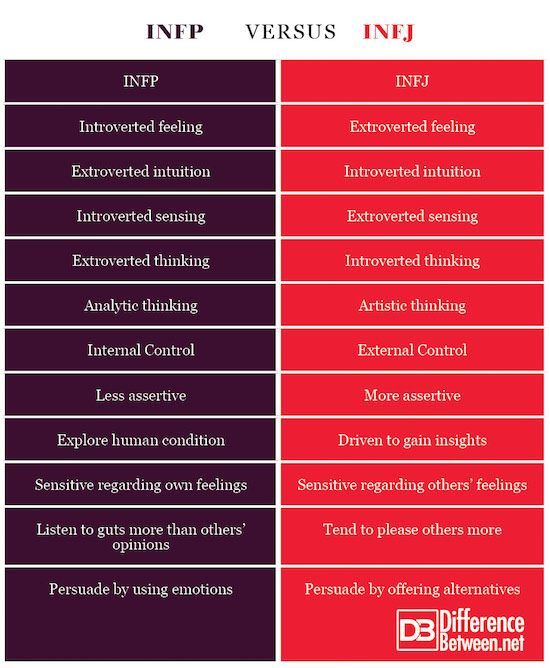 So introverts can become more like extroverts if a series of actions performed with their psyche change their attitude towards themselves and others. And extroverts, respectively, can become similar to introverts, both by their own will and by the will of external factors. Make the most silent silent person more confident in himself, and you will see that he also has a voice, has his own idea of \u200b\u200bhow something should be arranged, has his own opinion, which he will certainly begin to express.
So introverts can become more like extroverts if a series of actions performed with their psyche change their attitude towards themselves and others. And extroverts, respectively, can become similar to introverts, both by their own will and by the will of external factors. Make the most silent silent person more confident in himself, and you will see that he also has a voice, has his own idea of \u200b\u200bhow something should be arranged, has his own opinion, which he will certainly begin to express.
Friends, confidence does wonders for people. And no matter what type of personality a person belongs to, it is this person’s self-confidence that largely determines his behavior and activity in society. And so is his success. So, my friends, no matter what type of person you are, in life you can achieve everything you want if you actively engage in self-development. I understand that this sounds a little trite, but nevertheless, this is a very relevant parting word, especially in our time, when people have truly grandiose opportunities. Introversion and extraversion are simply the most common criteria for categorizing personality in psychology. Don't give him too much attention. In fact, your personality is much more complex, much more interesting and mysterious. You just need to develop it in yourself, so as not to be just an introvert or an extrovert, or someone else according to different psychologists, but to be a person who combines many different character traits, and just an interesting person.
Introversion and extraversion are simply the most common criteria for categorizing personality in psychology. Don't give him too much attention. In fact, your personality is much more complex, much more interesting and mysterious. You just need to develop it in yourself, so as not to be just an introvert or an extrovert, or someone else according to different psychologists, but to be a person who combines many different character traits, and just an interesting person.
So it doesn't matter if you are an introvert or an extrovert. You just need to understand how you can get along with this world, how to find your place in it, how to achieve your goals so that your life is not in vain. Your inner world should not conflict with or be opposed to your outer world. He has to shape it. Everything in this world exists in harmony. Therefore, when the human psyche is not suppressed, and when a person is full of self-confidence, then whoever he is, everything in his life will be fine. Introverts, and not only them, need to strive with all their might to reveal their capabilities, they need to realize their potential, and it is truly huge for them.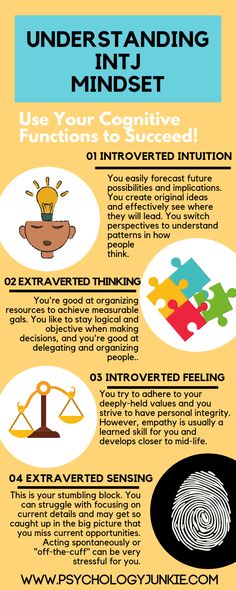 Then it will only be better for them and for the whole world.
Then it will only be better for them and for the whole world.
The whole truth about introverts and extroverts - Psychology on vc.ru
350 views
If it seems to you that you are an introvert or an extrovert, do not rush to conclusions. In fact, it may indicate certain disorders. Psychologists do not talk about this, but the author of these concepts himself warned about this.
The basis of human intelligence is the ability to categorize. We put everything on the shelves in our head for the speed of memorization and recall: edible-inedible. Safe is dangerous. Friend or foe. One is many. Good evil. We also categorize others and ourselves. Strong-weak, tall-low, handsome-ugly, rich-poor, etc. You do not need to think every time what kind of person you are, it is enough to decide once. Therefore, our desire to ascribe to ourselves or someone else any category is understandable. And then you can assign a category to a category. For example. Desirable-unwanted, beautiful-ugly, strong-weak, smart-stupid.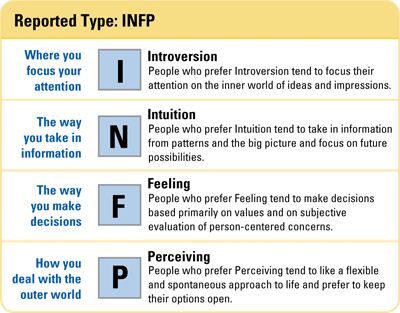 What is better for men and what for women ? These are the very categories into which society and each person drives himself. Attitudes instilled from childhood for the benefit of those who use these attitudes. Men's work and women's logic. Female beauty and male cruelty. And the fact that an intelligent person is very rarely cruel is of little interest to anyone. Remembering the most intelligent representatives of mankind - how many hard ones come to mind?
What is better for men and what for women ? These are the very categories into which society and each person drives himself. Attitudes instilled from childhood for the benefit of those who use these attitudes. Men's work and women's logic. Female beauty and male cruelty. And the fact that an intelligent person is very rarely cruel is of little interest to anyone. Remembering the most intelligent representatives of mankind - how many hard ones come to mind?
Extraversion and introversion - these two words mean different directions, from the Latin words: intro-vers-io; extra-vers-io. Intro - inside, Extra - outside. Vers - orientation (Vice versa - vice versa). Io is a noun postfix. For example: advert (direct to yourself), versus - (face to). Total translation, literally: "introversion - direction inward", "extraversion - direction outward". In psychiatry, it denotes locus of control , in everyday life - the outdated classification of Hippocrates according to the type of fluid prevailing in the body: black bile and lymph in introverts, blood and bile in extroverts. Further, Jung used typology to classify experiences. Further, he criticized colleagues who used his topology for labeling. There is also Eysenck, but I do not approve of racist work. Besides, he just copied Jung.
Further, Jung used typology to classify experiences. Further, he criticized colleagues who used his topology for labeling. There is also Eysenck, but I do not approve of racist work. Besides, he just copied Jung.
> Jung, 2001, Preface to the Argentine edition, p. 45: “Even in medical circles, there is an opinion that my method of treatment is to fit patients into my system and give them appropriate “advice”. This unfortunate misunderstanding completely ignores the fact that this kind of classification is nothing but parlor child's play, every element of which is as trifling as the division of mankind into brachiocephalic and dolichocephalic. My typology is first and foremost a critical apparatus that serves to distribute and organize the welter of empirical material, but is in no sense intended to label people, as it might seem at first glance.
And if you use the ratio scale interesting-boring, to a specific society in which a person is currently , then the category of introversion-extraversion appears.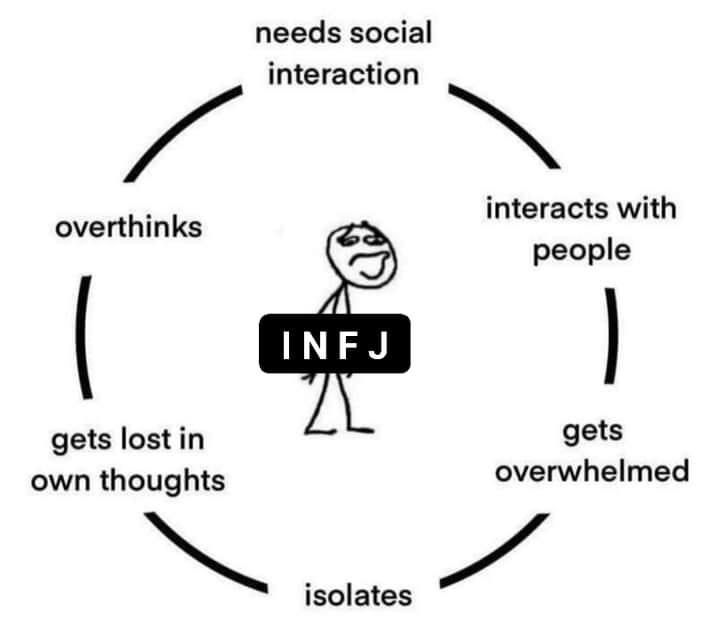 But, this scale takes into account not one person, but 90,051 attitudes of 90,052 people to society. And this category cannot describe the person himself without society. Relationships are influenced not only by the personality of the individual, but also by the specific society with which the individual builds relationships and the environment in which this society is located. As well as the prerequisites for communication and a bunch of other factors.
But, this scale takes into account not one person, but 90,051 attitudes of 90,052 people to society. And this category cannot describe the person himself without society. Relationships are influenced not only by the personality of the individual, but also by the specific society with which the individual builds relationships and the environment in which this society is located. As well as the prerequisites for communication and a bunch of other factors.
But because we energy-efficient biological systems (lazy animals) - we observe a person who is cheerful and sociable and say that he is an extrovert. If the next time we see him depressed, let's say that he is an extrovert with a bad mood. We simplify to the average value of this characteristic for a person in the relationships that we can observe. Talkative - not talkative. And if a person is talkative and cheerful with everyone except you personally, then what is he like? Then another scale is already used, friend or foe.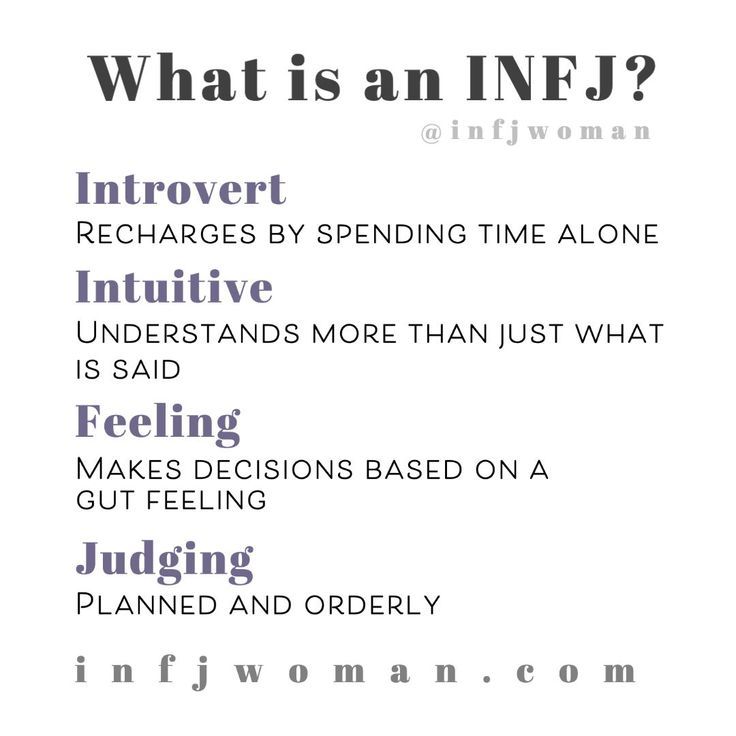 And vice versa, talkative with you, but not with others.
And vice versa, talkative with you, but not with others.
Let's say there is "Adam" - the first guy in the village and the soul of the company. Cheerful, tall, vast experience in psychological manipulation of emotions and threats. Clearly an extrovert.
There is a famous musician "Avraham", in his social circle - only his friend manager. Genius, unusually passionate about music. Around him are crowds of admirers and fans, girls jump out of their shorts. Lonely, shy and timid. Most of the time he spends with his guitar, or uses substances to relieve stress.
Place Adam in the society he is least likely to be in - the what-where-when game. Despite the fact that this is a television game, there is also an "individual-society" relationship in it, but in this case, the quality of the individual's personality "extrovert" will not justify itself.
Place Abraham in the society he is least likely to be in - a society in which he will be admired by almost everyone. Where around the personality is so multifaceted and can create masterpieces of art, including music, from which he is breathtaking. And he himself will become a fan who will seek the attention of his idols, look for opportunities to talk and meet. In this case, the quality of the individual "introvert" will not justify itself.
Where around the personality is so multifaceted and can create masterpieces of art, including music, from which he is breathtaking. And he himself will become a fan who will seek the attention of his idols, look for opportunities to talk and meet. In this case, the quality of the individual "introvert" will not justify itself.
i.e. personality disorders manifest themselves depending on many factors, but since animals are lazy - they use the tools they have. And the categorization tool or "shortcut" is innate. And hanging a label - you determine your attitude towards a person for a long time, including yourself. You have to be careful when using labels.
The profanation of this has clearly negative consequences for society in the Russian Federation. Obviously, introversion has a negative connotation for assessing the personality as such, which in turn, through a self-fulfilling prophecy, creates a lot of problems. A person who considers himself an introvert is more likely to voluntarily refuse to communicate, including marriage games, and participate in public life. The negative attitude of society towards introverts leads to a state of low self-esteem, because. society pushes for self-reflection, but the problem in relationships is not inside, but outside, which only exacerbates the situation. On the part of society, the introvert will be deprived of positive social strokes, which also leads to the alienation of the individual from society.
The negative attitude of society towards introverts leads to a state of low self-esteem, because. society pushes for self-reflection, but the problem in relationships is not inside, but outside, which only exacerbates the situation. On the part of society, the introvert will be deprived of positive social strokes, which also leads to the alienation of the individual from society.
An extrovert will have difficulty communicating and communicating with people because is not able to understand the interlocutor, but replaces communication as communication with communication as entertainment, communication decreases from the cultural level to the level of physiology: emotions, physical impact, screams, laughter and other physiological manifestations. And relationship problems are seen from the outside, in the environment and others, although they are inside. Which also only exacerbates the problem. An extrovert reaches out to a person, but he is protected from him, which causes misunderstanding and aggression, because.